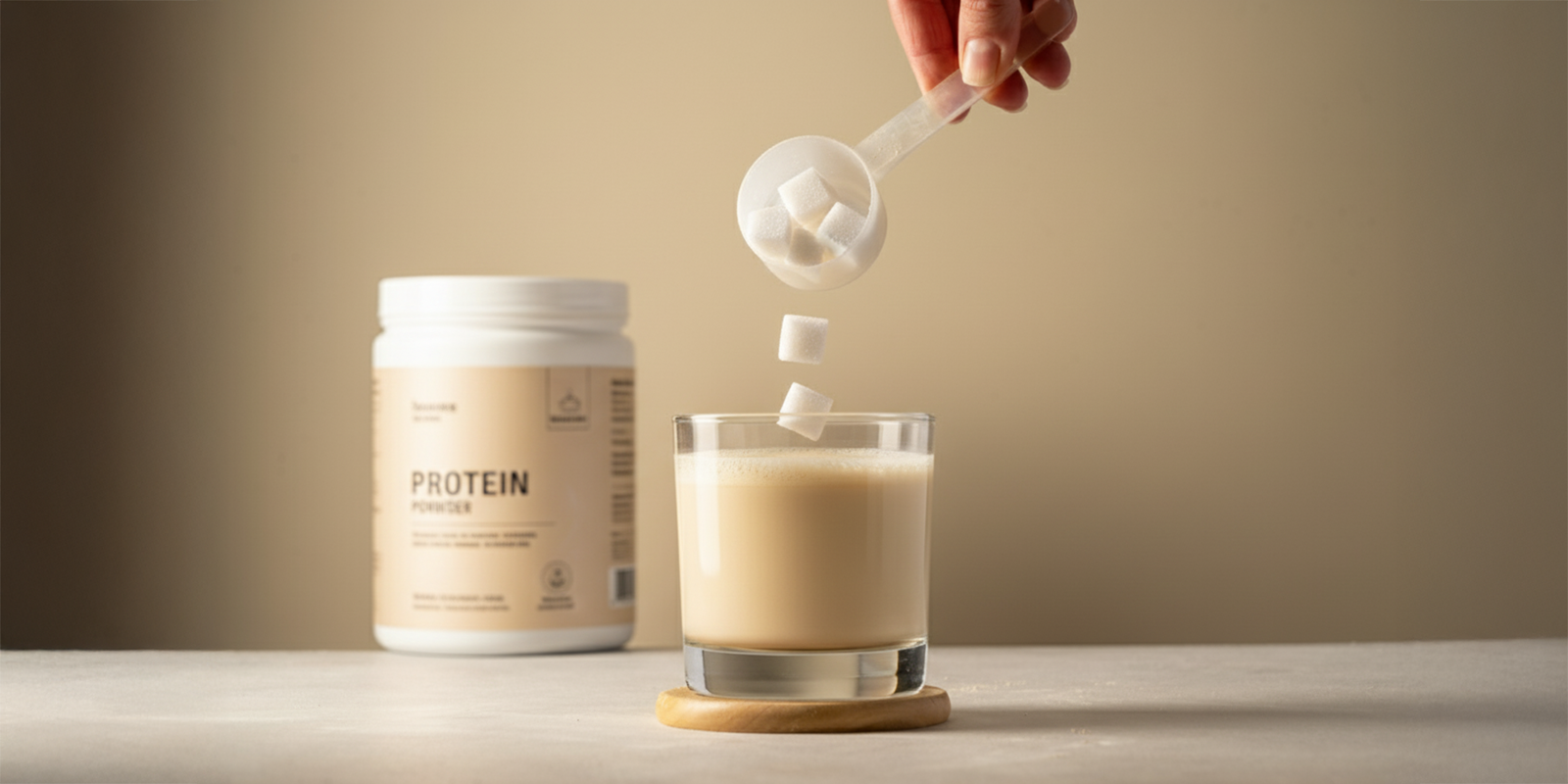We all want to be healthy and know that we have a strong immune system that has our backs. There are a plethora of supplements and wellness trends to help you level-up your immune system, but one fool-proof way is through food. The natural antioxidant and nutrient power found in a plant-based diet can provide your body with the tools it needs to fight back and allow your immune system to blossom.
Why a Plant-Based Diet Matters for Immunity
A whole food, plant-based diet emphasizes fruits, vegetables, nuts and seeds, beans, and whole grains. These foods provide a wealth of immune supporting nutrients, such as vitamins, minerals and antioxidants in their natural forms. In contrast to animal-based choices, plants are generally lower in saturated fats, and contain no cholesterol at all which helps dial back inflammation within the body; a key component in supporting a strong immune response.
Best Plant-Based Nutrients for Immune Health
When it comes to understanding why plant-based diets are beneficial for the immune system, a focus on nutrients involved in maintaining healthy immunity is essential:
Vitamin C
Vitamin C is an immunity powerhouse because of its ability to increase white blood cells levels that are essential in shielding the body against infections. Classically, orange juice (which is fortified with vitamin C) has been held as the go-to source of this macronutrient; but many other fruits and vegetables — including bell peppers, strawberries, and broccoli provide even more vitamin C per serving.
Zinc
Zinc keeps your immune cells working properly and can help prevent inflammation. Although it is often associated with animal products, there are many plant-based sources of zinc that include pumpkin seeds, chickpeas, lentils and quinoa. Having them in your diet is excellent for helping to maintain a balanced and responsible immune system.
Vitamin D
Vitamin D is usually an outcome of sun exposure, but there are also foods derived from plants that give you this essential nutrient. Examples include fortified plant-based milks, sunlight-exposed mushrooms and fatty fish like tuna.
Antioxidants
Notably, plant-based diets are high in antioxidants (e.g., beta-carotene and vitamin E) that can help to protect our cells from the destructive effects of molecules called free radicals which contribute significantly towards aging. Carrots, sweet potatoes and spinach are all great sources of beta-carotene that you can easily incorporate into your daily routine.
The Role of Plant-Based Proteins in Immunity
Protein is important for the growth and repair of tissues, which includes immune cells. Although we often equate protein with animal products, scientists have known for decades that the need to consume animals in order to maintain health has been greatly exaggeratedFoods such as lentils, chickpeas, quinoa, tofu, and PlantFusion's Complete Protein Powder offer a complete amino acid profile that supports muscle repair, energy levels, and immune function.
The benefits of using plant based proteins are you can avoid saturated fats that come with animal protein which have potential to cause inflammation. This shift could result in a more controlled immune response and hence a decrease in the likelihood of chronic diseases which also erode immunity.
PlantFusion's Complete Protein
21g of the world’s best tasting plant-based, vegan protein powder that sustains energy, builds and repairs muscle, and is easy to digest.
The Gut-Immune Connection
Were you aware that nearly 70% of your immune-system is located in the gut? A well kept gut microbiome is important for the functioning of our immune system. A plant-based diet high in fiber promotes gut diversity to allow beneficial bacteria to flourish. And these beneficial bacteria help to stimulate our immune system and keep harmful pathogens in check.
Eating foods such as fermented vegetables (sauerkraut, kimchi), plant-based yogurts and high fiber options like beans and whole grains will also support a healthy gut, thus maintaining your immune system.
Incorporating Immune-Boosting Plant Foods
To make the most of a plant-based diet, try incorporating the following tips into your routine:
· Start your day with a green smoothie:Blend spinach, kale, pineapple, ginger, and a scoop of PlantFusion's Complete Protein for a nutrient-packed boost.
· Add seeds and nuts to your meals: Sprinkle chia seeds, flaxseeds, or walnuts on top of oatmeal, salads, or smoothies for added zinc and healthy fats.
· Snack on colorful fruits and vegetables:Keep sliced bell peppers, carrots, or berries on hand for a convenient way to get more vitamins and antioxidants.
· Embrace fermented foods: Incorporate sauerkraut, kimchi, or PlantFusion's Fermented Supplements into your diet to support gut health and immunity.
Addressing Common Concerns
One of the most frequently heard myths is that it is impossible to get enough protein and other essential nutrients for immunity on a plant-based diet. Although, with a varied diet of plant foods in sufficient quantity, it is entirely possible to meet all nutritional needs. Supplements like PlantFusion’s Vegan Vitamins and Protein Powders can also help fill in any gaps, ensuring a balanced and immune-boosting diet.
Plant-based living is not only a trend, but also an incredibly effective strategy for naturally boosting your immune system. With a healthy diet consisting of nutrient-rich foods, you will be able to supply your body with all the important vitamins and minerals it needs for a strong immune system. Ready to give your immune system the natural boost it deserves? Explore our range of plant-based supplements and find out how you can support your health with PlantFusion’s complete nutrition solutions.
The subtle changes above may improve your immune responsiveness AND improve your health so you’re ready for the long haul.















